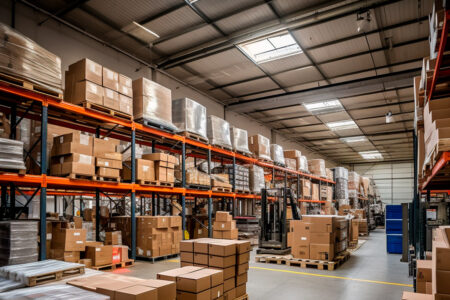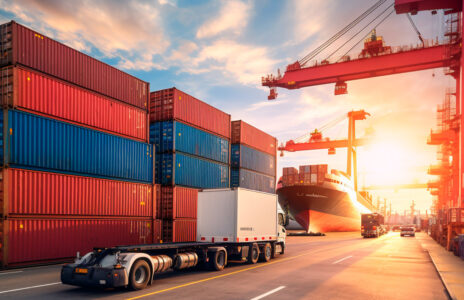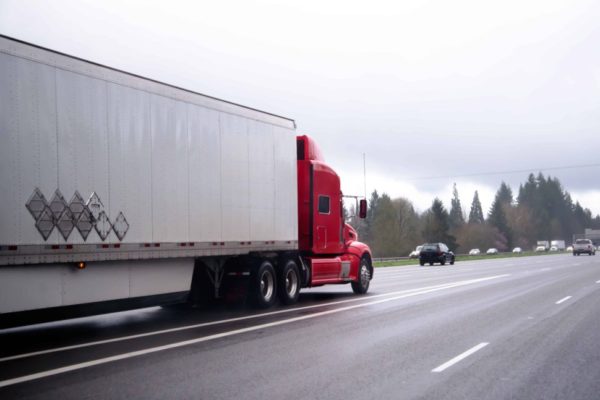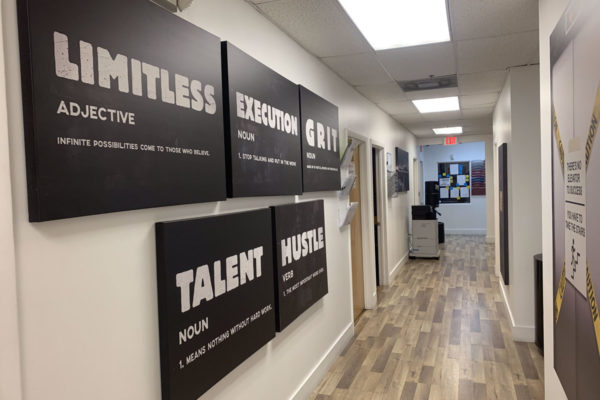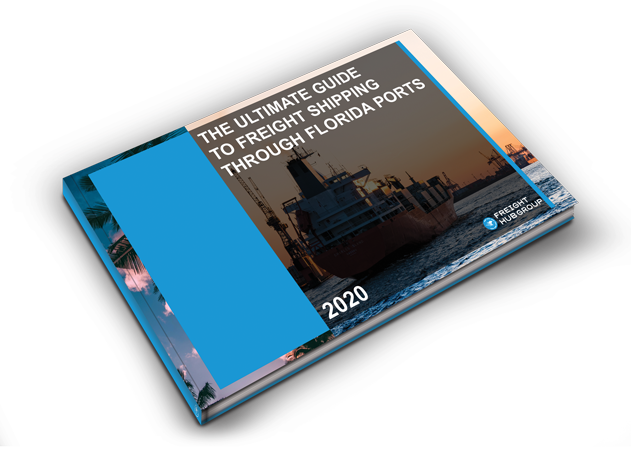In the intricate world of supply chain and logistics, there’s often confusion between the terms “freight forwarder” and “3PL (third-party logistics).” While both play vital roles in global commerce and transportation, understanding their differences, similarities, and best use cases is essential for businesses looking to optimize their operations. This article delves into these roles and helps businesses navigate their best options.
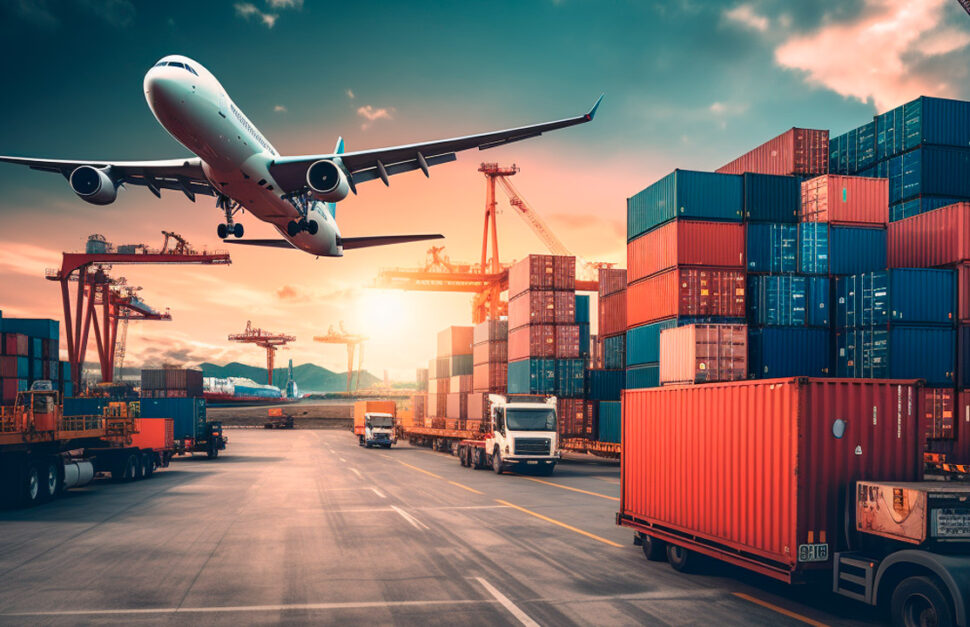
What is a Freight Forwarder?
A freight forwarder acts as an intermediary between shippers and various transportation services. They specialize in arranging storage and shipping for merchants on behalf of ship owners, carriers, and manufacturers. These entities typically don’t own the vehicles or assets used in transportation but have established relationships with carriers across various modes – be it sea, air, road, or rail. Their expertise lies in consolidating shipments, managing customs documentation, clearing shipments at ports, and ensuring the efficient movement of goods across international borders.
What is a 3PL (Third-Party Logistics)?
A 3PL provider offers a broader range of logistics services, often tailored to a client’s specific needs. This can encompass warehousing, transportation, picking and packing, order fulfillment, inventory management, and more. Unlike freight forwarders, 3PLs might own or lease assets like warehouses, trucks, and equipment. Essentially, a 3PL provider can manage all aspects of a business’s supply chain operations, offering a one-stop-shop for all logistics needs.
What’s the Difference Between a Freight Forwarder and a 3PL?
- Scope of Services: Freight forwarders are primarily concerned with international shipping and customs clearance, while 3PLs offer a more comprehensive suite of services, potentially including domestic distribution and warehousing.
- Assets: Freight forwarders are generally asset-light and utilize their network to arrange transport solutions. In contrast, 3PLs may own or lease the physical assets needed to provide their services.
- Relationships: While the relationship with a freight forwarder can be more transactional, focused on individual shipments, a 3PL often establishes a strategic, long-term relationship with its clients to manage substantial parts of their supply chain.
What Do They Have in Common?
- Client Focus: Both are committed to ensuring their clients’ goods move efficiently and safely from one point to another.
- Customization: Both freight forwarders and 3PLs can offer tailored logistics solutions based on a client’s specific needs.
- Regulatory Compliance: Both entities must adhere to various regulations, ensuring shipments are compliant with international laws and standards.
What’s the Best Solution for Business: Freight Forwarder or 3PL?
The choice depends largely on a business’s specific needs:
- Scale of Operations: For businesses primarily concerned with international shipping, a freight forwarder might be the ideal choice. Meanwhile, those requiring end-to-end logistics solutions might benefit from a 3PL’s comprehensive services.
- Asset Requirements: If a business prefers not to invest in assets like trucks or warehouses, they might lean towards asset-light freight forwarders. However, for more integrated services with owned or leased assets, a 3PL is preferable.
How to Make the Right Decision?
- Assess Your Needs: Understand the scale and scope of your shipping and logistics needs.
- Consider Your Growth Plan: A growing business might benefit from a 3PL’s scalability.
- Research and References: Always seek recommendations and reviews. A trusted partner can make a world of difference in logistics.
Conclusion
Whether choosing a freight forwarder or a 3PL, the decision ultimately lies in understanding one’s business needs, growth trajectory, and specific logistics requirements. Both options offer unique advantages, and the right choice can enhance efficiency, reduce costs, and ensure smooth operations in today’s global commerce landscape.
Sources:
- www.flexport.com/blog/freight-forwarder-vs-3pl-what-you-need-to-know/
- www.supplychain247.com/article/freight_forwarders_vs_third_party_logistics_companies
- www.inboundlogistics.com/cms/article/freight-forwarder-or-3pl-the-big-debate/
- www.logisticsmgmt.com/article/freight_forwarder_vs_third_party_logistics_pros_and_cons
- www.freightwaves.com/news/the-difference-between-freight-forwarders-and-3pls
- www.joc.com/special-topics/freight-forwarder-vs-3pl
- www.scmr.com/article/understanding_the_difference_freight_forwarder_vs_3pl

